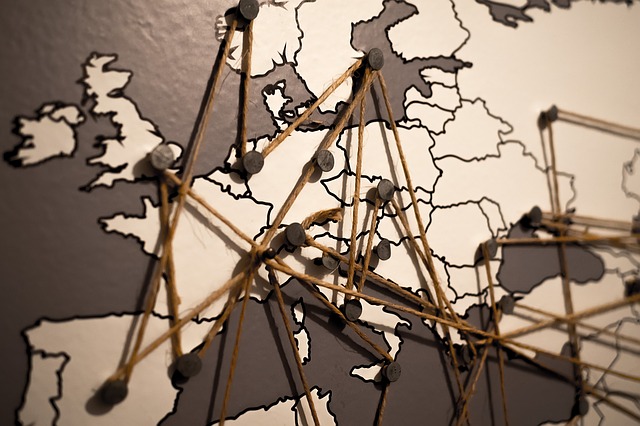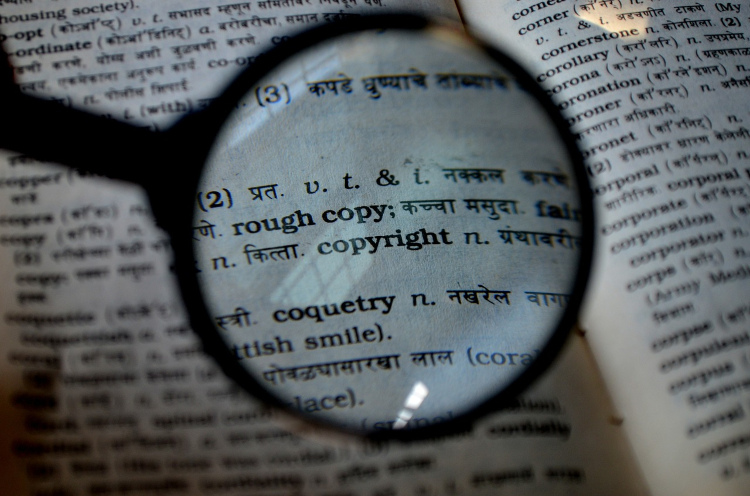The Directive on Copyright in the Digital Single Market is otherwise known as the European Union directive that tackles issues regarding copyright, with particular attention to digital and cross-border uses of patented content within the region. The directive extends the existing European Union copyright law and is a component of the EU’s Digital Single Market project.
The directive was first introduced on June 20, 2018, by the European Parliament Committee on Legal Affairs; on September 12, 2018, the directive was approved and is now passing through formal Trilogue discussions that are expected to conclude in early 2019. Upon formalization, countries that are part of the EU will be then required to enact laws in support of the directive.
Historically, the EU, with regards to laws governing the internet, has catered more toward their respective nationals, putting the rights of the people above the financial gain provided by the big tech companies. The European General Data Protection Regulation implemented on May 25, 2018, raised the bar among all companies that operate in Europe. It has changed how companies handle consumer privacy, providing European citizens with rights and protections that makes the GDPR one of the strongest data privacy laws in existence.
As a regulation and not a directive, the GDPR binds companies to provide users with the right to ask how their personal data is collected, stored, and used, and request that personal data be deleted. Businesses must report data breaches within 72 hours if the users’ privacy is affected. Moreover, violators can be fined up to 20€ million or up to 4% of the annual worldwide turnover of the preceding financial year in case of an enterprise, whichever is greater. In short, being a European citizen is certainly an advantage when it comes to one’s privacy and safety on the internet.

World Europe Map | Pixabay
However, the recent copyright directive has proved to be more contentious, despite the European Council describing their goals as good-spirited. The directive is an attempt by European governments to reign in the U.S. technology giants, as seen by the two most controversial elements of the directive, articles 11 and 13.
Article 11 is configured to assure publishers are paid by online platforms like Facebook, Google, or Twitter when they link to their stories – essentially a tax on links. Given the recent scandal with Facebook, it seems plausible, giving a piece of the advertising revenue back to the publishers, instead of being monopolized by the big tech platforms. With the huge audiences of these platforms, the article aims to solve the issue through copyright instead of regulating online advertising, mandating licensing fees to the companies.

Analytics | Pixabay
Article 13, on the other hand, says internet platforms must forbid their users from uploading copyrighted content. It means that platforms will have to scan all data uploads to ensure that none of it is copyrighted, which could mean the end of fanfiction and YouTube mash-ups; overall, less freedom on the internet. Implementation of such a directive would be too expensive to have a human labor force going through the billions of materials uploaded to these platforms. Automated filters are inevitable – automated filters that are imperfect, as demonstrated by the uproar on Tumblr with their pornography ban; automated filters that might be affordable for the technology giants, but far too expensive for start-ups, thereby hindering innovation; automated filters that have garnered an open letter. This open letter was signed by more than 70 internet pioneers, including web inventor Tim Berners-Lee and Wikipedia founder Jimmy Wales. The letter assures that the filter will be unreliable and the cost of installation too “expensive and burdensome.”
With multiple debatable aspects of the directive, European citizens must stay alert. The result of the formal discussions in early 2019 may very well dismantle the pride European citizens have with regards to internet laws within the EU, leaving a less united, less innovative, and less informed union.

